We are delighted to introduce the Poets who have judged our competition:
Cecilia Knapp
Young People's Laureate for London
Cecilia Knapp is a poet, playwright and novelist and the current Young People’s Laureate for London. Her poems have appeared in The White Review, Magma and Bath magazines. She has written for the BBC, Guardian and Tate, and was shortlisted for the 2020 Out-Spoken prize for poetry. Cecilia’s debut novel is forthcoming in 2021. Cecilia teaches poetry, including as one of the lead tutors for the Roundhouse Poetry Collective. She was Poet in Residence at Great Ormond Street Hospital for two years and is an ambassador for the mental health charity CALM. For more information about Cecilia please see her website. Twitter: @ceciliaknapp
Katherine Lockton
Katherine is a Latinx poet living in London. She has been co-editor of South Bank Poetry since August 2015. Her work has most recently appeared in The Latino Book Review, Magma, Poem magazine, The Spectator, PN Review and the Latinx anthology Un Nuevo Sol. She co-edited (with Carlo Pirozzi) an anthology of new Scottish war poems called Like Leaves in Autumn published by Luath Press. She enjoys running her monthly poetry workshops at South Bank Poetry. Katherine was awarded the Inaugural International Travel Bursary by The Saltire Society and British Council Scotland. Her collection of poetry ‘Paper Doll’ was published in September 2020. You can find out more about Katherine and her work here. Twitter@ @poetkat
Rachel Long
Rachel Long’s debut collection, My Darling from the Lions was published by Picador in August 2020. It was shortlisted for the Forward Prize for Best First Collection, and The Costa Book Award, 2020. She is the founder of Octavia Poetry Collective, and assistant tutor on the Barbican Young Poets programme. Twitter: @rachelnalong
Photo credit: Amaal Said
New Poems for the Nation
Below, we present an original work by each poet - produced for this competition.
It’s What You Do
by Cecilia Knapp
It’s early. The sky like whisked milk. Breath billows in clouds,
the moon still a slice above, the empty bus sighs to a stop.
Or it’s late, the dark swallowing the city like a glove.
The office blocks are little boxes of light, everyone gone home.
Or it’s between the light and the darkness, a quiet time,
the people you love are sleeping.
Your hands are around the handle of a mop
and your spine is curved into a question.
Or you are at the check outs, you are telling people to have a nice afternoon.
Perhaps these are the kindest words they have heard all week.
Or you wipe the remnants of the day
from someone else’s desk. You work hard and quick and well.
Or the radio unspools the news and you drive a truck full of boxes
down the vein of a motorway, riding the loop of a ring road,
while your son sleeps clean and warm in his bed.
Perhaps you’re pulling on brown boots in the cold blue morning,
or holding somebodies’ hand in the grips of their fever.
You tell a mother her child will live.
Or you gather with other women, holding coffee on the fire escape.
You swap advice like small green marbles, before the factory’s friction starts.
Or you’re singing as the shutters of the shop rise like a smile.
Or your hands have fixed a leak, given someone the first hot bath in a week.
Or you kneel beside the desk of a child, tell them they can.
Or you butter bread for a school hall full of hungry kids.
You know how much it takes to keep life grinding, the way it is expected,
that it is work to carry on against the face of so much wrong,
invisible work, like a frost before anyone’s woken.
Some days you are ‘low skilled.’ Some days ‘hero.’
But you never asked for that, you,
who holds the whole sky up.
The Unseen
by Katherine Lockton
From One Eldest Immigrant Daughter to Another, or The Tutee
by Rachel Long
The tutee needs help with her English,
literature and language. Her exams swell
around us. This plastic-wrapped dining table,
our crossing boat. Her parents, both cleaners,
in this satellite town of millionaires.
The notes they leave on their fireplace are
the same notes that were left for them
on another fireplace, less the tip they add
for me. After a short break, we switch texts
-- Victorian novel to Elizabethan poem.
Why they change again the English? She frowns
when I laugh, frowns when she begins reading,
frowns till I set homework -- to watch Luhrmann’s
Romeo and Juliet. Leo’s in it.
As if in return for the gift I haven’t given,
she tells me about the mountains she’s from,
recites the memory like a cake recipe,
all method, then accession into myth.
She, her mother, aunt and cousins, squashed and laughing
drove up and up into the pink clouds, parked
inside them. Her mother wanting to witness
the land she’d left from a vantage most like
how it felt: teetering. Statue of old
knowledge. No good in the new country.
So she must drive her daughter up, in hope,
fear. Look at her daughter’s dark face, a charm
dangling from the rear-view. And the snow,
all laid out, not a blemish on its status.








